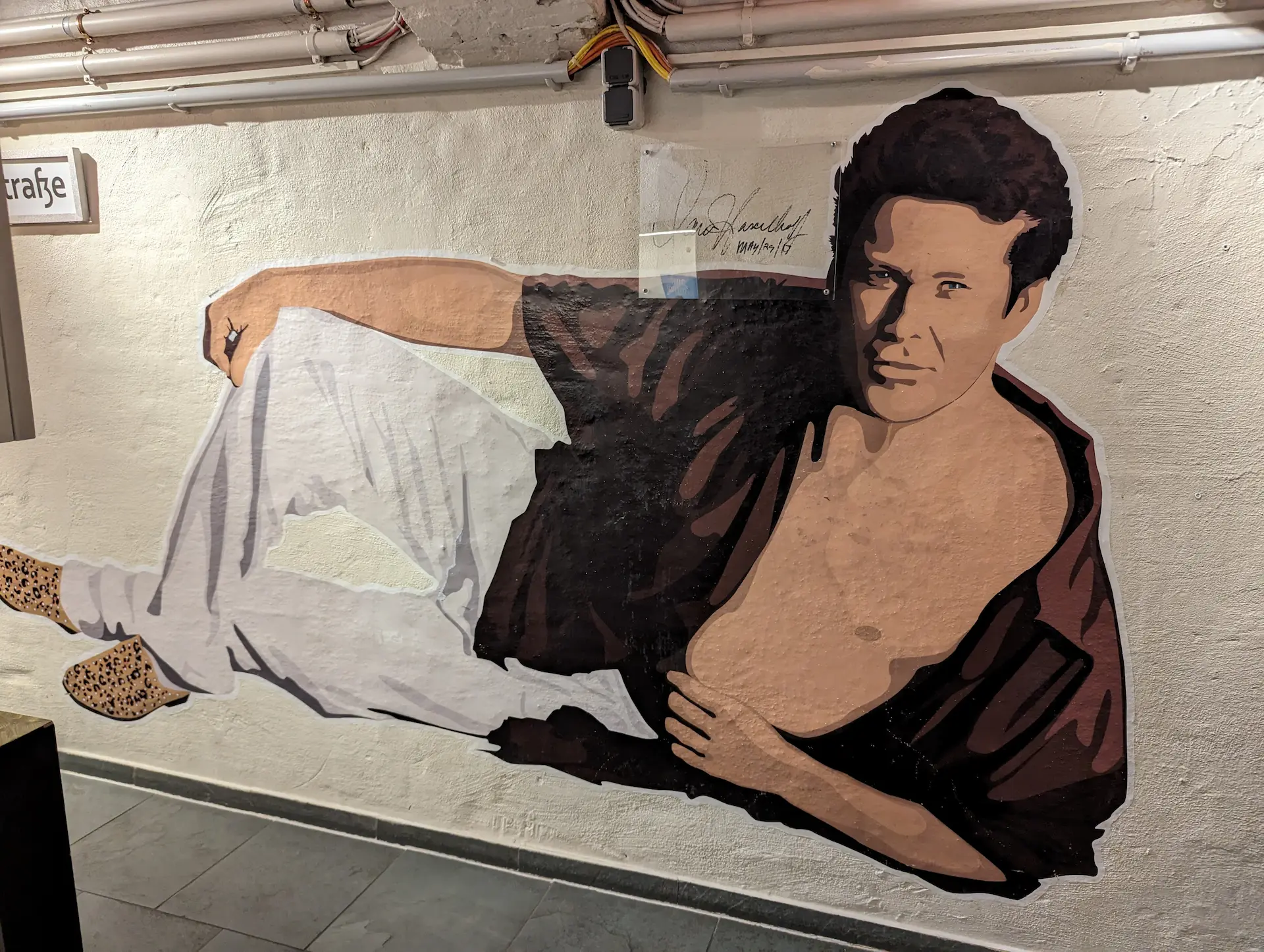MERGE Berlin 2024
MERGE Berlin 2024 was a very useful developer expiernce conference! Here are my 7 takeaways from it. Number 5 will surprise you!

I went to Berlin between 12th and 16th June mainly for a conference there about developer experience: MERGE! It was awesome! I took notes, had really awesome conversations, met some really cool people, including some from the infamous Discord server!
I listened to most of the talks. The whole conference was around open source, developer tooling, businesses built around open source developer tooling, their funding, the challenges building a community brings, and how to resolve some of those challenges, and generally how to be an awesome part of the community. Here are the things that I found particularly helpful that I’ll use in my parallel business activities:
Product market fit
Nothing that follows will work if you don’t have product market fit. That’s fancy words for solving a real issue in a simple way that others can use. If you’re a startup struggling to get customers, you’re struggling with this one because you’ve probably built a solution in search of a problem, or hopped on a hype-wagon.
GitHub started like this, by making sharing code over the internet not a pain in the ass. It was a pain in the ass before they existes.
Oh My Zsh started like this, though in Robby’s (creator) case, he just wanted to help out, like, four other people.
Start small, niche, grow from there
Don’t try to be all things to all people. Start by solving a specific problem, find the people who have that problem, and fix it for them. Then once you have capacity, or folks are asking for new things, you can build it off of the foundation you already have.
That foundation is both going to be technical, because your existing codebase is robust enough, and community, because you’re now known as a person / company that fixes things.
If you try to fix a lot of things, you’ll most likely do a meh job at all of them, and people will lose interest.
Bootstrap
Don’t take outside investment if you can avoid it. This has many upsides:
- not having infinite money will force you to be creative and go far with few resources
- you retain control: as a founder your vision is the one the company will work towards, and you won’t be overruled by a board with majority ownership voting rights
- if you make it big, having a lot of equity is nice
- plus venture capitalists love giving money to people who don’t need it, and you get to write the term sheet and they’ll just fill in the number
Base your communication on what you have right now, not what you planned
If you promise and don’t deliver exactly, people get upset. See No Man’s Sky at launch. Magic Leap was a disappointment: they promised the world, and their project didn’t live up to it. Oculus was a success: they positioned it as a dev kit, which set the expectation that it might not work at times, and iterated continuously. They overdelivered on their underpromise.
There’s also the adage that you should buy things based on what they can do right now, rather than what the manufacturer says they’ll add in in a few years down the line.
Be useful
Closely related to product market fit, but if your thing isn’t useful, folks aren’t going to find a use for it. Duh.
Be really easy to use
If using your thing is difficult, folks aren’t going to use your thing. Make it easy! This also means you should focus on building tools to help use your thing.
Probably not a really surprising statement, but if you make something that’s easy to use and solves a problem, then people are going to find it useful.
Involve the community
And listen to them. Be respectful of their efforts, even if you don’t end up using anything.
Though be careful not to allow the community to direct your company’s direction, only to inform it. We probably don’t want a Twitch runs a company kind of scenario.
